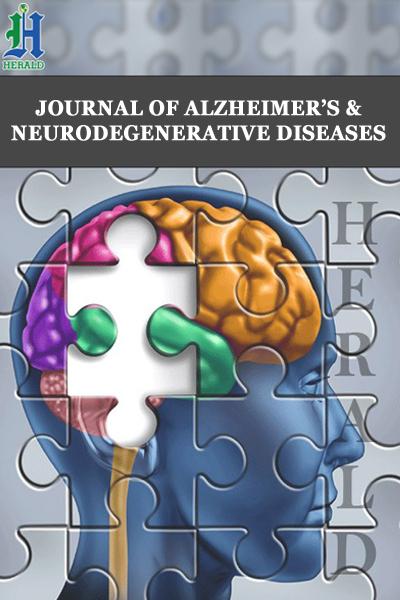
Dementia
Dementia is a broad clinical syndrome characterized by progressive decline in cognitive functions—such as memory, language, reasoning, and executive function—that interferes with daily activities and independence. Alzheimer’s disease is the most common cause, but other forms include vascular dementia, dementia with Lewy bodies, frontotemporal dementia, and mixed dementia. Dementia is not a single disease but rather a symptom complex resulting from diverse pathological processes, including amyloid plaques, tau tangles, alpha-synuclein aggregates, cerebrovascular injury, and neuroinflammation. Clinical diagnosis relies on cognitive assessment, neuroimaging, and increasingly, fluid biomarkers.
With a rapidly aging global population, the burden of dementia is rising, highlighting the need for early detection, disease-modifying treatments, and comprehensive care strategies. Current therapies offer symptomatic relief but do not halt progression. The journal supports original research that advances our understanding of dementia subtypes, pathophysiology, diagnostic innovation, and therapeutic interventions. Interdisciplinary studies integrating neurology, psychiatry, geriatrics, and caregiving science are particularly encouraged.

